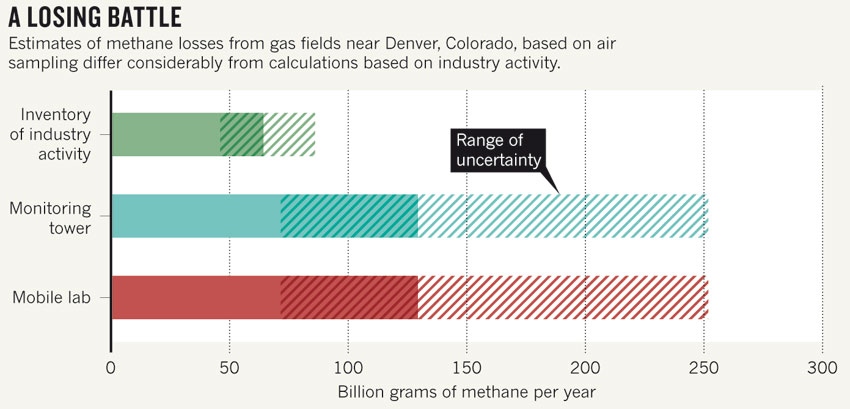 |
| Source |
If our country retained the tiniest bit of the ambition and drive that built the Hoover Dam or the Interstate Highway System, we could rip our way through the assumptions of the fossil fuel era like a Sherman tank through a chain-link fence.
Case in point: space-based solar energy.
Space-based solar requires getting a significant amount of mass into geostationary orbit, coping with the degradation of solar panels in that environment, and getting the power back to earth.
There are many speculative technologies for reaching orbit cheaply -- space elevators, magnetic catapults, laser-ablative propulsion, reusable spaceplanes -- but we are approaching a point at which mature conventional rocket technology can, for the first time, move significant masses into orbit without a cost-prohibitive number of launches.
Mature Heavy Lift Launch Vehicles offer the promise of cutting the cost to low earth orbit (LEO) from $10,000-$15,000/kg today to perhaps $2,200/kg (the estimated cost of a lift from the new Falcon Heavy, a SpaceX rocket in development).
Once you move your payload into LEO, you need to raise it higher, into geostationary orbit (GEO). Fortunately, once in free fall, more stately and deliberate (low-thrust) transportation can be used, such as, for example, ion thrusters. A "tugboat service" could be set up between LEO and GEO, docking with payloads in LEO and gradually moving them into GEO.
Once in geostationary orbit and deployed, a solar panel enjoys half again the power output available on the ground (144%) and can gather that power for >99% of the time. Hence a square meter in orbit will produce between five and ten times as much electricity as the same solar panel on the ground, and it provides baseload power.
The first problem with reaping this bounty is getting their weight into orbit; the second problem is the life expectancy of the panels (the third is getting the power back to earth, which I'll get to in a minute.) It's the second problem, I think, which is the most tricky.
Researchers have succeeded in creating absurdly thin and light solar cells; most recently, the groundwork has been laid for cells two molecules thick. But the orbital environment has an abundance of hard radiation and a certain amount of atomic oxygen that limits the useful life of solar cells. Here too, though, there has been dramatic progress:
 | ||
| Source |
The large teacup is the reflector array; the small disk is the PV panels. This concentration-PV hybrid approach is also being tried for earth-based systems, and seems promising.
The PV panels, in this design, are cleverly sandwiched together with microwave emitters, which transmit the power to a receiving station below.
The NASA group estimated a final cost of an industrial-scale system along the lines of the above to be about $90/MWh (see page 9). That's a really low number, comparable to new coal plants:
Some have proposed using disposable, foldable ultralight solar panels; your panel collects energy for ten years, and then you simply roll out another thin layer of PV. The article just cited (see part 8) estimates such a system could offer a "power density" (a standard measure of the mass-to-current ratio of space-based PV) of 1.2kW/kg. Ignoring things like the earthbound receiver ("rectenna"), the cost of the panels, and the LEO-GEO shuttle service (because they will essentially be rounding errors for the total cost) a 1,200GW baseload system (supplying about half the current global electrical demand of 20,000TWh/year, or 40% or so after transmission losses) with a forty-year life expectancy would mass about one million tons and cost about $2.3 trillion dollars to orbit with the Falcon Heavy rocket.
That's a staggering sum of money -- almost exactly what we have spent, so far, on the wars in Iraq and Afghanistan.
Despite the remarkably low ROI from that, we are still the richest, most powerful nation in the world, however little it feels that way. It's not about technology. It's about ambition. It's not about how we solve the problem. Contrary to popular opinion, there are many possible solutions. It's about making the decision to solve the problem and concentrating all our efforts on what has to be done.
Update (Oct 2020): The current cost to LEO via a reusable Falcon rocket is approximately $2,000/kg. Starship promises to bring that number down to $270/kg. The latter number would bring launch costs down to $270 billion. That is roughly a tenth of what we have spent on coronavirus relief in the last nine months alone.



